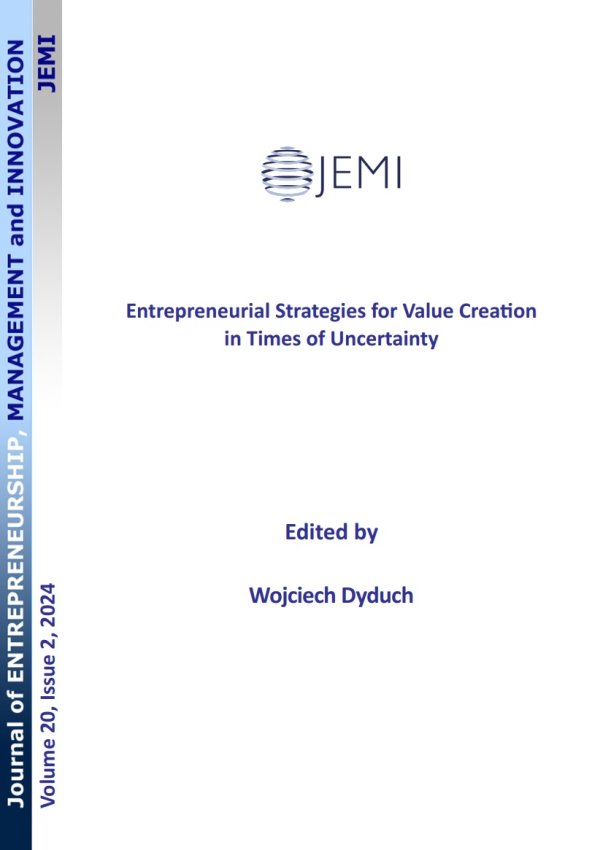Makó Csaba, Professor, Insitute of Sociology, Hungarian Academy of Sciences, Budapest: This email address is being protected from spambots. You need JavaScript enabled to view it..
Illéssy Miklós, Insitute of Sociology, Hungarian Academy of Sciences, Budapest.
Csizmadia Péter, Insitute of Sociology, Hungarian Academy of Sciences, Budapest.
Abstract
In this paper, the authors intend to examine the innovation performance of the Hungarian firms before and following the period of the global financial crisis and economic downturn. Contrary to the mainstream approach non-technological innovation, more precisely workplace innovation is put into the focus of the analysis. The authors argue that this is a neglected dimension of firms’ innovation activities which may become an important source of competitiveness at company level and thus it deserves more attention. The analysis of empirical data of the various waves of the European Community Innovation Survey (CIS) on non-technological innovation shows that the innovation performance of the Hungarian firms is declining. The authors complement this statistical analysis with the results of the European Working Conditions Survey demonstrating that there are significant differences in the innovation performance of such country groups as the EU-27, the Nordic and the Post-Socialist countries. Besides the country-specific comparison, the authors evaluate the performance of the Hungarian and Slovakian knowledge-intensive business service sector identified as a driver playing a “benchmark” role in speeding up workplace innovations. Finally, some key lessons are drawn indicating the need for a map on the distribution of different work organization forms in order to better understand the companies’ innovation activity and skill requirements.
Keywords: workplace innovation, knowledge-intensive business sector, Hungary, Slovakia.






